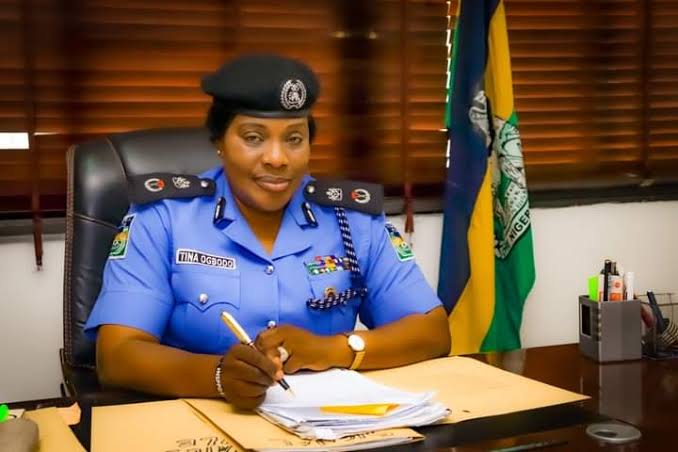The Ebonyi State Command of the Nigeria Police Force has called for the strengthening of legal frameworks, among other measures, to guarantee the safety of journalists while also urging the Nigeria Union of Journalists (NUJ) to prioritize journalists’ safety in the line of their legitimate jobs of investigative news reporting.
Making the call during a one-day workshop organized by Ikenga Media and Cultural Awareness Initiatives (IMCAI), the Head of Civil Litigation, in the Legal Department of the Ebonyi State Police Command, Assistant Superintendent of Police (ASP), Eze Chinagorom Ndubuaku, recommended that journalists in Ebonyi State should be retrained in the art of investigative reporting.
ASP Ndubuaku said: “By strengthening legal frameworks, promoting media literacy, providing training and resources, and supporting initiatives that defend press freedom, we can strive towards a world where journalists can fulfill their vital role in society, enabling the public to stay informed, engaged and empowered. Let us continue to advocate for the security of journalists for their safety is crucial for the well-being of our societies and the preservation of democratic values.”
He further explained that the security of journalists is a matter of protecting individuals and safeguarding the fundamental principles of democracy and the right to information.
ASP Ndubuaku encouraged continuous advocacy for the security of journalists as their safety is crucial for the well-being of society and the preservation of democratic values.
Speaking against reports that may lead to a disruption of law and order or worsen the existing crisis, he advised against relying on information from politicians and politically exposed individuals who may have ulterior motives.
According to him, when information comes from unreliable or unverified sources, it should be treated with caution, adding that journalists should verify the credibility and accuracy of the information sources they rely on for reporting. He warned that if the information is based on unverified or unreliable sources, it may not be worth the risk of news coverage, as it could damage one’s reputation or credibility.
He also warned Journalists to be wary of legal the implications of their reporting, advising that “If the information is illegal; or involves illegal activities, it is important to carefully weigh the potential consequences of news coverage including potential legal actions or repercussions.”
To buttress his point, he cited several laws that journalists need to be aware of in order not to fall foul of them. He cited Section 12 (1) (a) and (b) of Ebonyi State Internal Security Enforcement and Related Matters Law 2009 which criminalizes causing extreme fear and threat to life by use of letters, phone calls and other electronic methods; as well as Section 14 of the same law criminalizes false information
He also cited the Cyber Crime (Prohibition Prevention etc) Act, 2015 which criminalizes cyberstalking, cybersquatting and cyber terrorism; and the Evidence Act, 2011 which now allows admissibility of electronically generated evidence during court proceedings.
He also advised participants to always consider the potentiality of information to violate any ethical guidelines or principles when writing news items. He explained that if information sharing involves invasion of privacy, breach of confidentiality, or harm to vulnerable individuals, it may not be worth the risk and advised participants to play safe during news coverage for their protection, their sources, and the public interest while maintaining their credibility and adhering to legal and ethical standards








